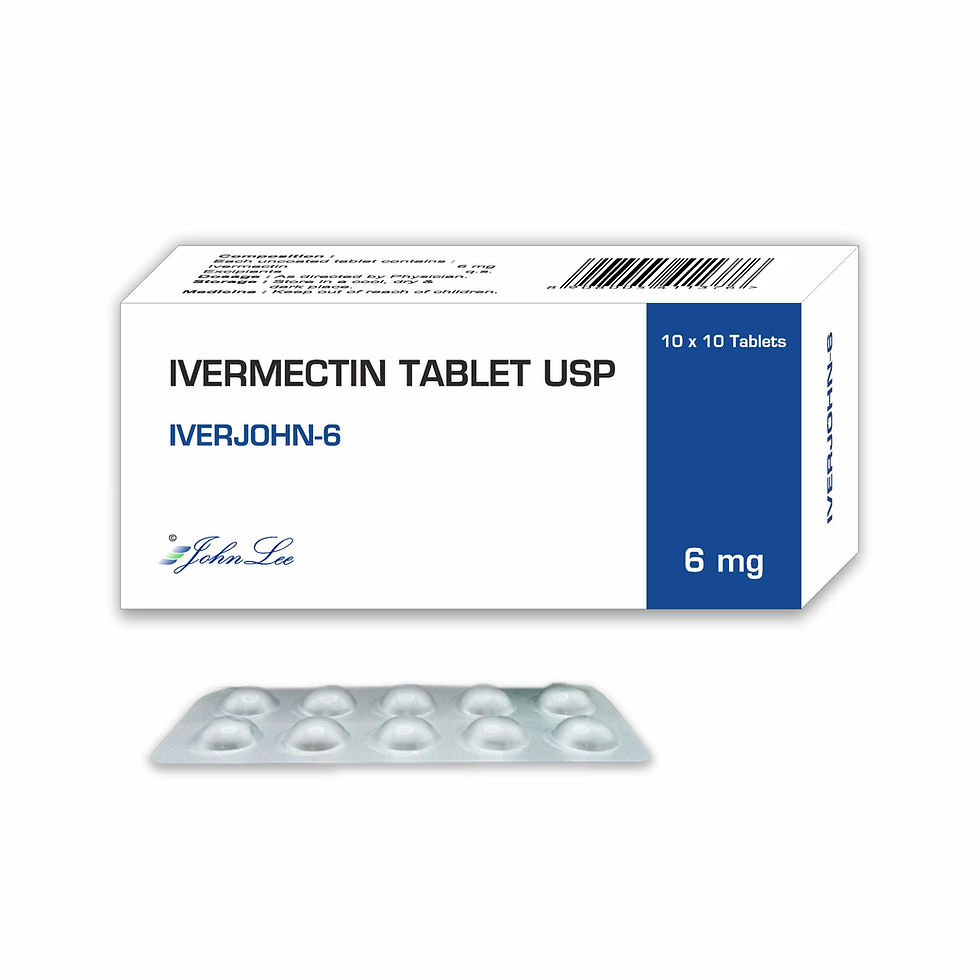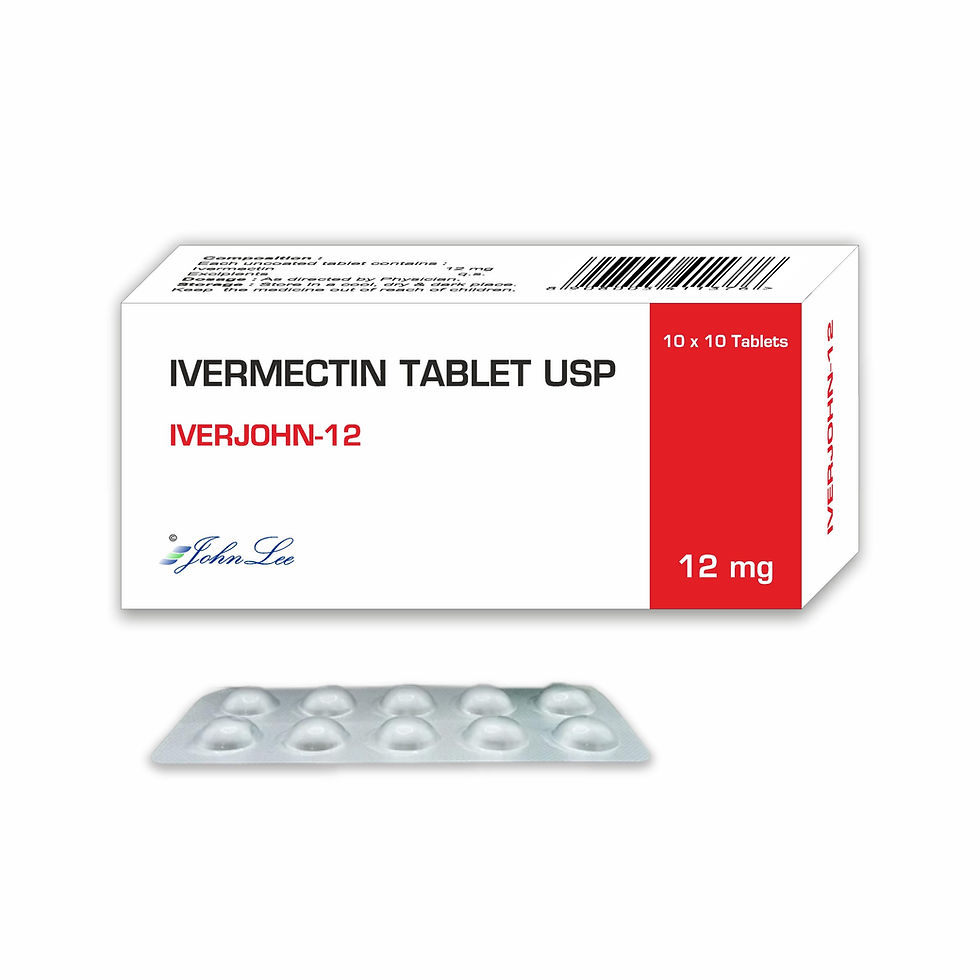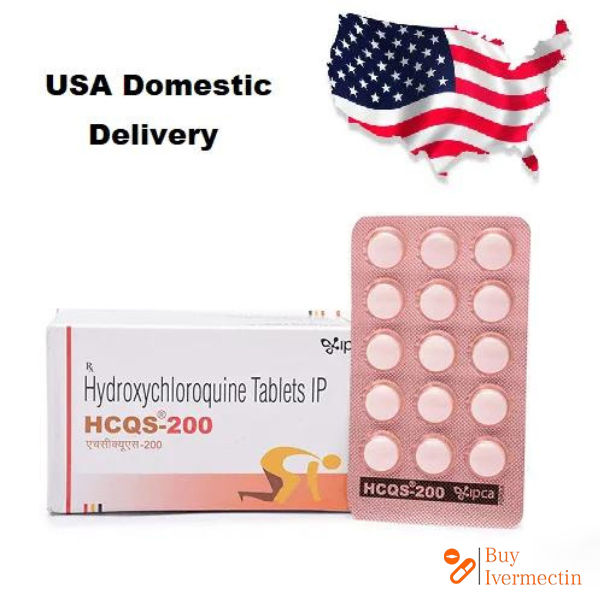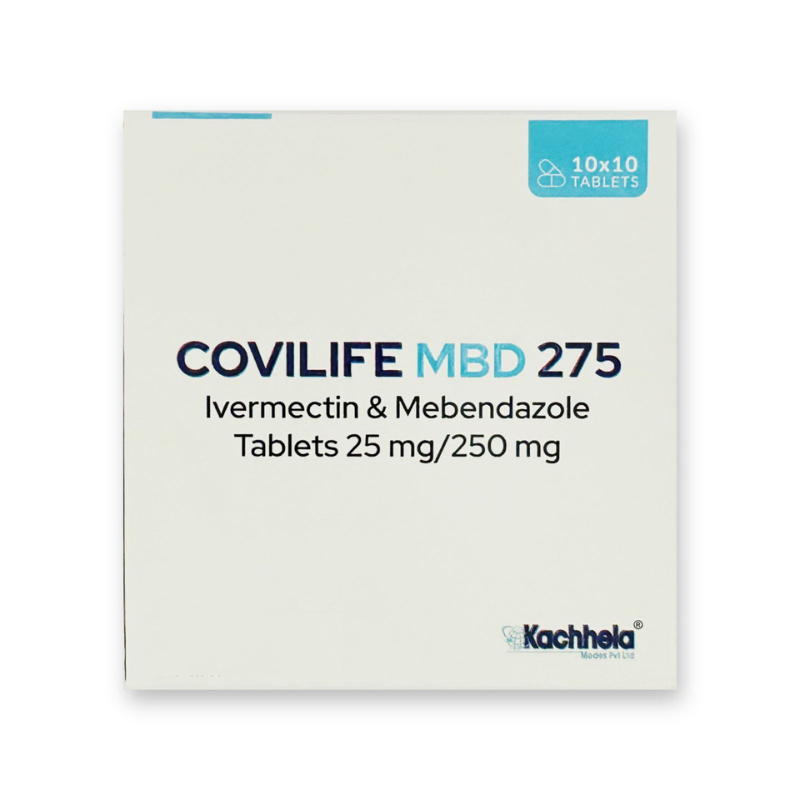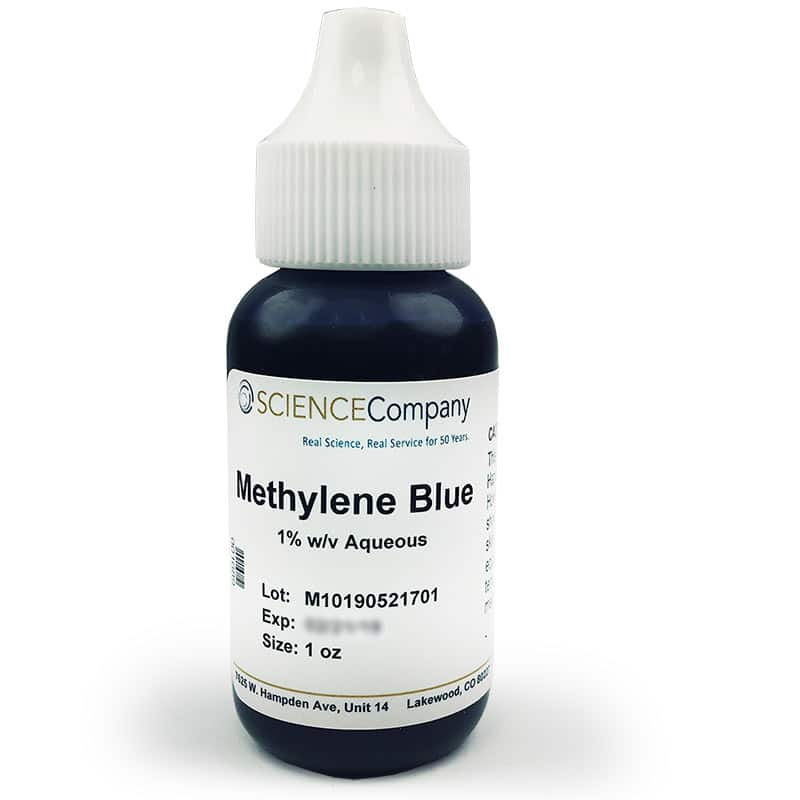
The medicine Hydroxychloroquine 200 mg is mainly employed for treating malaria, a condition carried on by a parasite that is spread by mosquitoes. Additionally, it has been utilised for the treatment of autoimmune ailments like lupus and rheumatoid arthritis.
HCQS - 200 mg (hydroxychlorochin)
As a suppressor of the immune system and antimalarial drug, hydroxychloroquine acts by preventing the growth and procreation of the parasites responsible for malaria. It also contains anti-inflammatory qualities and can aid in easing autoimmune illness symptoms.
- Hydroxychloroquine 200 Mg functions in several ways. First of all, it is an antimalarial medication that blocks the development and proliferation of the parasites that carry the disease, in preventing or treating malaria.
- Apart from having antimalarial properties, hydroxychloroquine additionally serves as a remedy for autoimmune diseases like lupus and rheumatoid arthritis. Under these circumstances, inflammation and damage are brought on when the immune system malfunctions and attacks the body's healthy cells and tissues. By inhibiting the immune system, hydroxychloroquine reduces inflammation and other symptoms connected to these illnesses.
- It is believed that hydroxychloroquine has antiviral qualities as well and could be useful in treating some viral illnesses. However, there is disagreement over the use of hydroxychloroquine because its effectiveness in the treatment and management of COVID-19 has not been proven. It's important to remember that research is underway to further comprehend how hydroxychloroquine affects the body, and the exact processes by which it functions are not yet entirely understood. Before taking any drug, it is always advisable to speak with a medical expert.
- It is vital to use hydroxychloroquine 200 mg exactly as guided by a medical practitioner. In order to reduce stomach distress, the drug is often administered orally after a meal.
- In addition to the ailment being treated, the dosage of hydroxychloroquine will also be influenced by the patient's weight, age, and past medical conditions. In order to ensure that the drug is successful and to prevent possible adverse reactions, it's critical to strictly adhere to the recommended dosage and routine.
- As hydroxychloroquine can interfere with other prescriptions, it's essential to let your doctor know if you're taking any other drugs, or supplements.
- Take the missed hydroxychloroquine dose as soon as you recall. If the subsequent dose is approaching, ignore the one you skipped and go back to your regular dosing plan. Do not take another pill to make up for a missed one. Even if you feel better, it's still vital to keep taking hydroxychloroquine because discontinuing the drug too soon increases the chance that the illness will return or get worse.
Use Hydroxychloroquine 200 Mg only as prescribed by your doctor. The following are general recommendations regarding the use of this medication:
● If you want to prevent stomach discomfort, take hydroxychloroquine with a whole glass of water, before or after a meal.
● Consume the pill as a whole without chewing, breaking, or crushing the tablet.
● Observe your physician's dosage recommendations.
● It's crucial to take hydroxychloroquine consistently and at the same time every day if you're using it to avoid malaria. The treatment may need to be started several weeks in advance of your trip to a region where malaria is widespread.
● It can take a few weeks or months before you fully experience the benefits of hydroxychloroquine if you're using it to treat an autoimmune illness. Make sure to visit your healthcare provider periodically so they can monitor your progress and alter your treatment plan as required.
● Even if your symptoms get better, do not quit taking hydroxychloroquine without first talking to your doctor. To ensure that the ailment is fully cured and to prevent any potential relapses, it's critical to keep taking the medication as prescribed.
● Hydroxychloroquine should be kept at room temperature, free from heat and moisture.
Hydroxychloroquine 200 mg might have negative effects, just like any other medicine. Below are some of the most typical side effects of hydroxychloroquine:
● Vomiting
● Diarrhea
● Headache
● Dizziness
● Vision distortion
● Itching or rashes
● A weakened or painful muscle
● Mood swings like depression or anxiety
● Reduced appetite
● Pains or discomfort in the abdomen
Additionally, some people may encounter more severe side effects, such as:
● Extreme skin reactivity
● Low white blood cell count and anaemia are two examples of blood conditions
● Kidney or liver damage
● Arrhythmias and heart failure are two examples of heart issues.
● Convulsions or seizures
● Allergic responses, such as swelling in certain areas and problem in breathing
The treatment for the ailment being treated as well as other individual factors like physique, age, and health history will determine the dosage of 200 mg of hydroxychloroquine. Here are some general recommendations regarding hydroxychloroquine dosage:
In order to treat malaria:
● Adults often start with 800 mg, then 400 mg in 6 to 8 hours, and then 400 mg each day for the next 2 days.
● The dose for children is determined by body weight and is normally 5 mg per kilogram of body weight, with a 400 mg maximum dose.
● The typical adult dose for medical treatment of autoimmune diseases like lupus or rheumatoid arthritis is 400 mg to 600 mg consumed once a day or in portions.
● The dose for children is determined by body weight and is normally 6.5 mg per kilogram of body weight, with a 400 mg maximum dose.
In order to ensure that the drug is successful and to prevent any potential adverse reactions, it's critical to completely stick to the recommended dosage and plan. Furthermore, even if you feel fine, you should keep taking hydroxychloroquine because discontinuing the prescribed dose too soon increases the chance that the illness will return or get worse. If there are any concerns or queries regarding the dosage or schedule for hydroxychloroquine, make sure to speak with your doctor or pharmacist.
There are a number of warnings and guidelines that should be taken into account before using hydroxychloroquine 200 mg. Here are a few crucial cautions:
● When combined with some other medications, such as the antibiotic azithromycin (Z-Pak), hydroxychloroquine can have harmful effects on your heart. If you get a rapid or throbbing heartbeat, abrupt dizziness, or a feeling that you are going to pass out, call for immediate medical attention.
● Extended or strong-dose usage of hydroxychloroquine could permanently damage the retina of the eye, leading to vision impairments that cannot be reversed.
● If you experience blurred vision, trouble concentrating, distorted eyesight, blind spots, difficulty reading, changes in your color vision, or increased reactivity to light, discontinue using hydroxychloroquine and contact your doctor right away.
What Does Hydroxychloroquine Do To The Body?
The drug Hydroxychloroquine affects the immune system in order to work. It is thought to function by obstructing immune cell communication, which can lessen inflammation and immune system activation.
Malaria, arthritis such as rheumatoid, and lupus are some of the primary ailments that are treated with hydroxychloroquine. The immune system becomes overactive under these circumstances and begins to assault its own tissues. Symptoms can be improved and immune system activity may be reduced with hydroxychloroquine.
Is Hydroxychloroquine 200 Mg A Steroid?
No, Hydroxychloroquine is not a steroid. It is a medication utilised for treating a variety of illnesses, including malaria, lupus, and rheumatoid arthritis. Hydroxychloroquine, which is an antimalarial medication, works by lessening inflammation and blocking the immune system.
It is not a steroid, which is a kind of hormone produced either naturally by the body or artificially and utilized to control immune function and reduce inflammation in a variety of medical disorders.
Is Hydroxychloroquine 200 Mg Available Online?
You may get hydroxychloroquine 200 mg from a number of online retailers, including PowPills.com, ArrowMeds.com, Drugs.com, etc. These are some of the well-known and trustworthy sources that additionally give their customers further details about the medication, including its dose, adverse effects, interactions with other drugs, and general recommendations that must be followed when using the medication.
Hydroxychloroquine Is Available Over The Counter?
No, you cannot buy Hydroxychloroquine 200 Mg over the counter. It is a prescription drug, so in order to get it from a pharmacy you must present a valid prescription from a doctor or other qualified healthcare professional. This is due to the fact that Hydroxychloroquine should only be administered under the guidance of a healthcare professional due to the potential for major side effects.
It's also crucial to remember that hydroxychloroquine is not licensed for use in the treatment or prevention of COVID-19, and that any usage of the drug should be based on the most recent findings in medical research and guidelines.
Who Should Not Take Hydroxychloroquine?
There are some individuals who shouldn't take hydroxychloroquine or who should use it with caution because it can have major negative effects. Below are some of the instances:
● This medication should not be taken by those individuals who are sensitive to hydroxychloroquine or any antimalarial drug.
● When using hydroxychloroquine, individuals who have a history of heart disease or an abnormal heartbeat should exercise caution because it may exacerbate their cardiac issues.
● When taking hydroxychloroquine, individuals who have liver or renal problems should exercise caution because it may impair their organs' functionality.
Does Hydroxychloroquine Affect The Brain?
Although they are uncommon, hydroxychloroquine has been linked to several neurological adverse effects. Headache, lightheadedness, and alterations in mood or behavior are just a few of these potential side effects. Hydroxychloroquine has occasionally been linked to more severe neurological side effects such seizures, schizophrenia, and numbness.
The blood-brain barrier, a protective barrier that surrounds the brain and aids in preventing hazardous chemicals from entering the brain, is thought to be connected to these neurological effects of the medication. The neurological effects of hydroxychloroquine may be influenced by the fact that it has been demonstrated to pass the blood-brain barrier and concentrate in brain tissue.
Is It Safe to Take Hydroxychloroquine Daily?
Daily use of hydroxychloroquine is generally safe when prescribed by a qualified healthcare professional for a particular ailment. The ailment being treated and the patient's health status determine the proper dosage and length of treatment with hydroxychloroquine.












